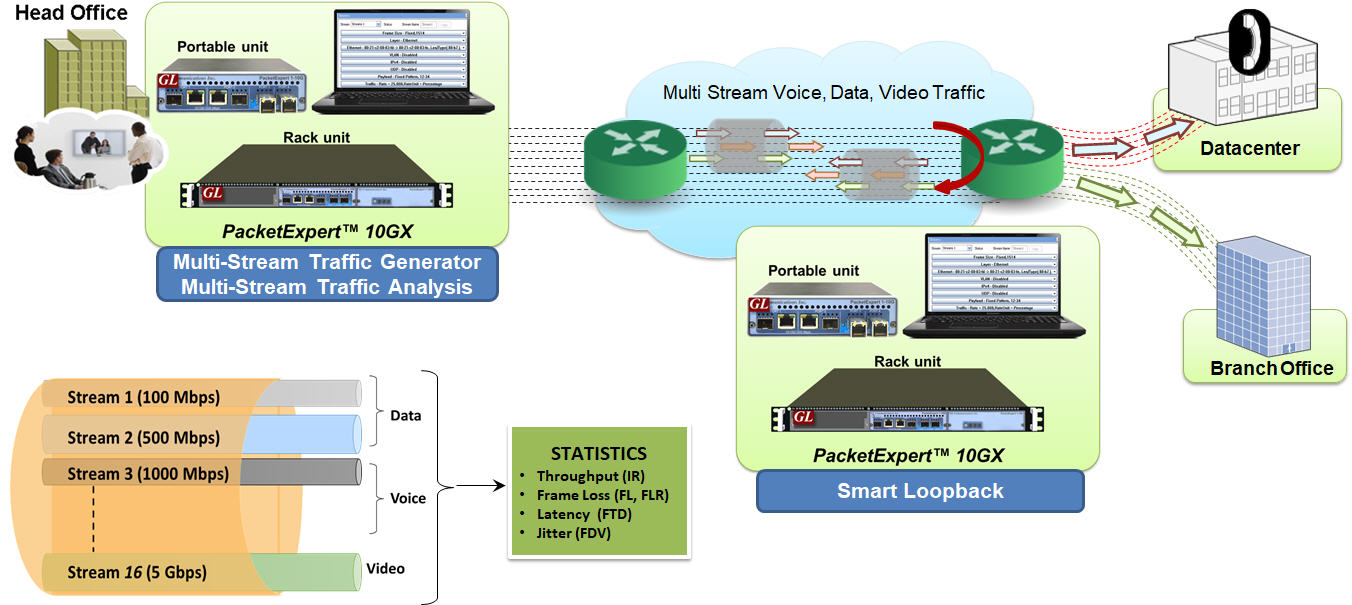

The discs are off to replication, but we're accepting pre-orders for the official 6 CD set and the DVD. Please consider supporting the Slackware project by picking up a copy of the Slackware 13.0 release from the Slackware Store.

More details may by found in the official announcement and in the release notes. Also, this is the first release of Slackware with native support for the 64-bit x86_64 architecture! Major kudos to Eric Hameleers for all of his work, especially on the 64-bit port. We think you'll agree that this version of Slackware was worth the wait. txz package format with much better compression, and other upgrades all around - to the development system, network services, libraries, and major applications like Firefox and Thunderbird. This release brings with it many major changes since Slackware 12.2, including a completely reworked collection of X packages (a configuration file for X is no longer needed in most cases), major upgrades to the desktop environments (KDE version 4.2.4 and Xfce version 4.6.1), a new. Now, you are ready to execute the script.Īfter one of the most intensive periods of development in Slackware's history, the long awaited stable release of Slackware 13.0 is ready. $ mv amsn-0.98.1.tar.gz .asc amsnĮdit aMSN SlackBuild script as in above snapshot and save then log in as root with "su". " aMSN 0.98.1 Source", " aMSN 0.97.2 SBo SlackBuild", " aMSN 0.97.2 SBo CPG Signature"

Just replacing source tarball with latest source tarball (0.98.1) and editing SlackBuild script for the new source version and archive type, you can easily build aMSN 0.98.1 binary package for "Slackware 13". But do not worry :), it is possible to build aMSN 0.98.1 binary using previous (0.97.2) SBo SlackBuild script. Today 27th of November 2009 and there is no SlackBuild script for aMSN 0.98.1 on SBo homepage :(. Now let us build aMSN native "Slackware 13" binary package using SBo SlackBuild script. At that point, "aMSN" becomes prominent, because in the view of functionality and visual appearance, it resembles to Microsoft's "MSN" most. There is a number of MSN client software for GNU/Linux, but most of them do not satisfy the new migrants. One of the questions requested to me is that whether Microsoft's MSN works on GNU/Linux operating systems or not. Up to now, I made many of my close friends migrate to GNU/Linux and ordinarily exposed to many questions about this OS. Most of the people around me use Microsoft's "MSN" for instant messaging and MSN is indispensable part of their computer culture.


 0 kommentar(er)
0 kommentar(er)
